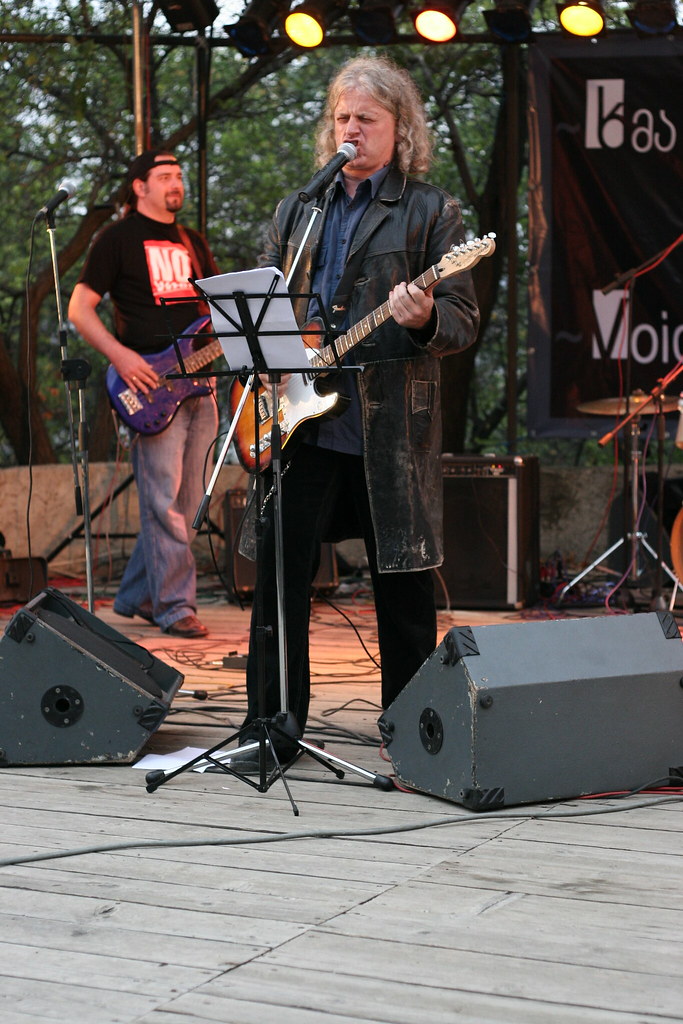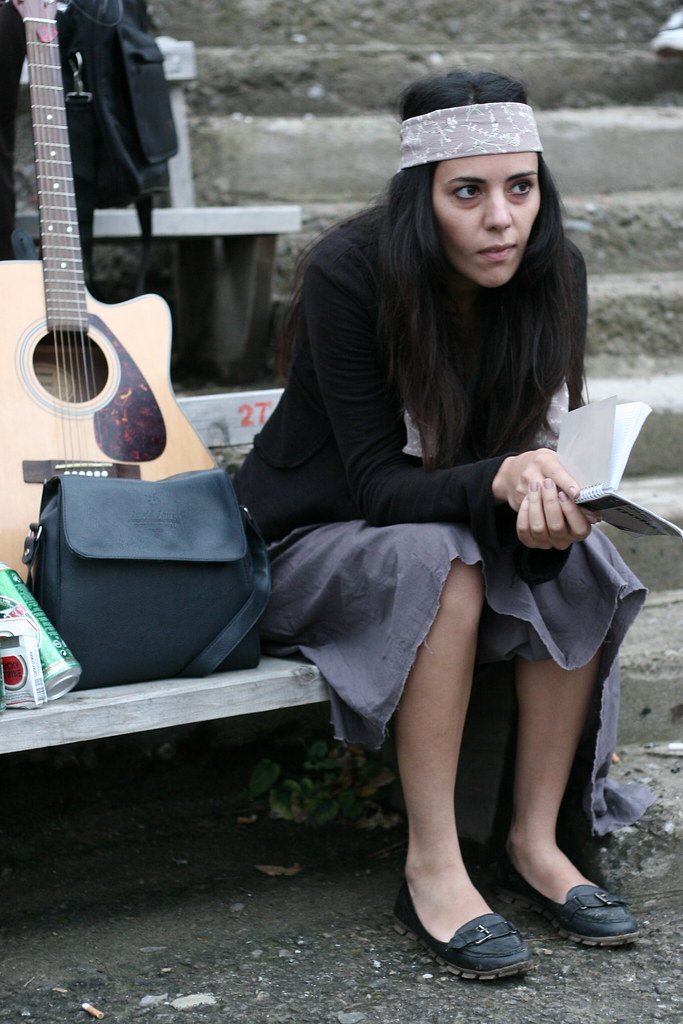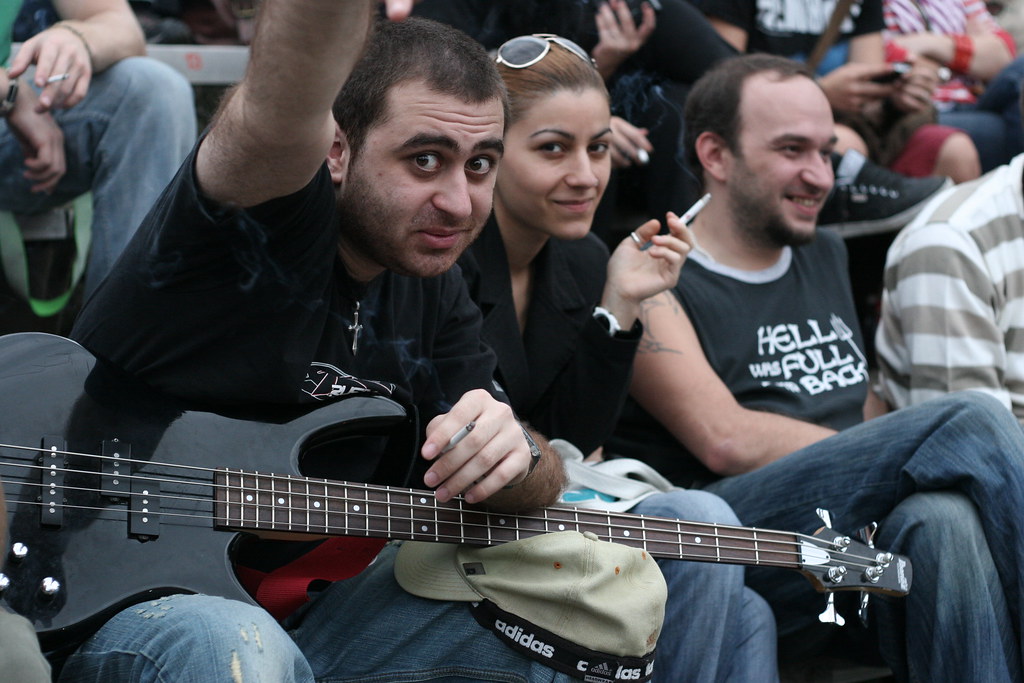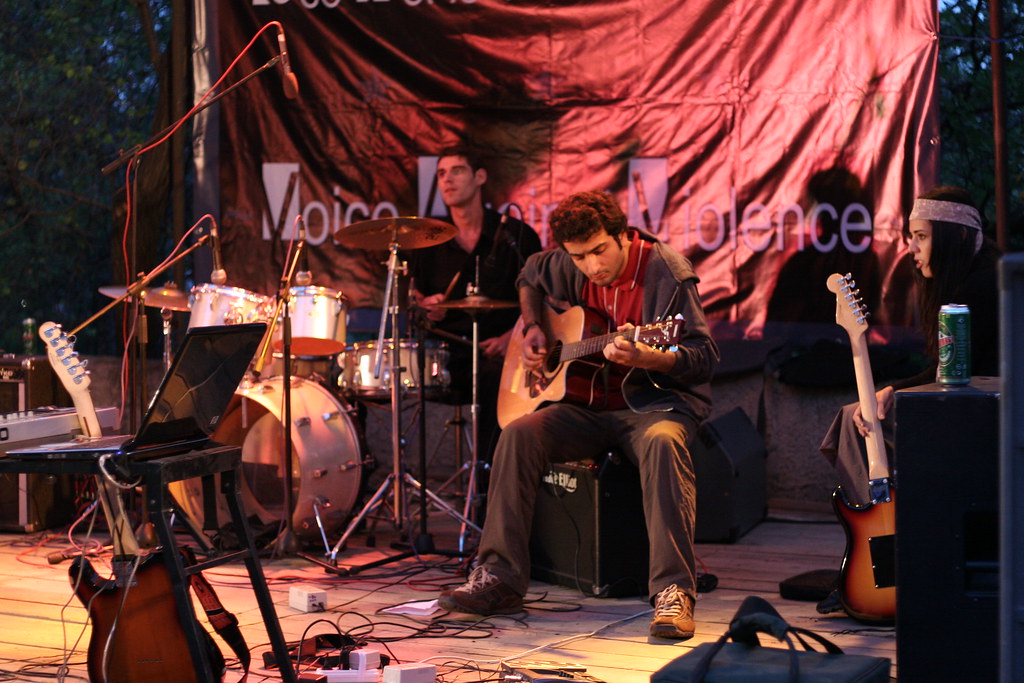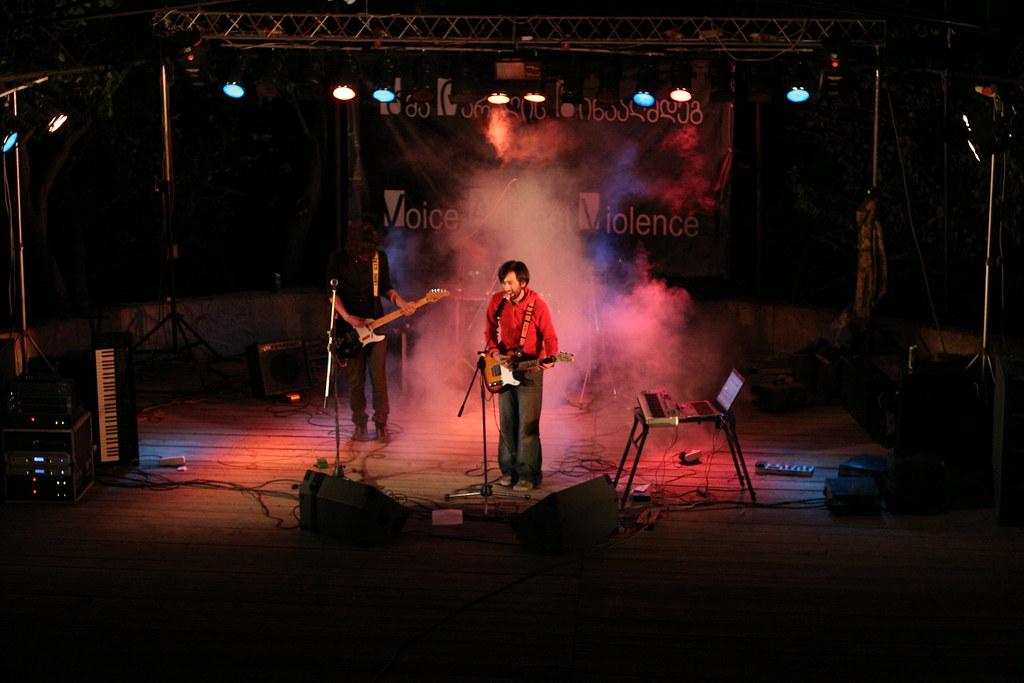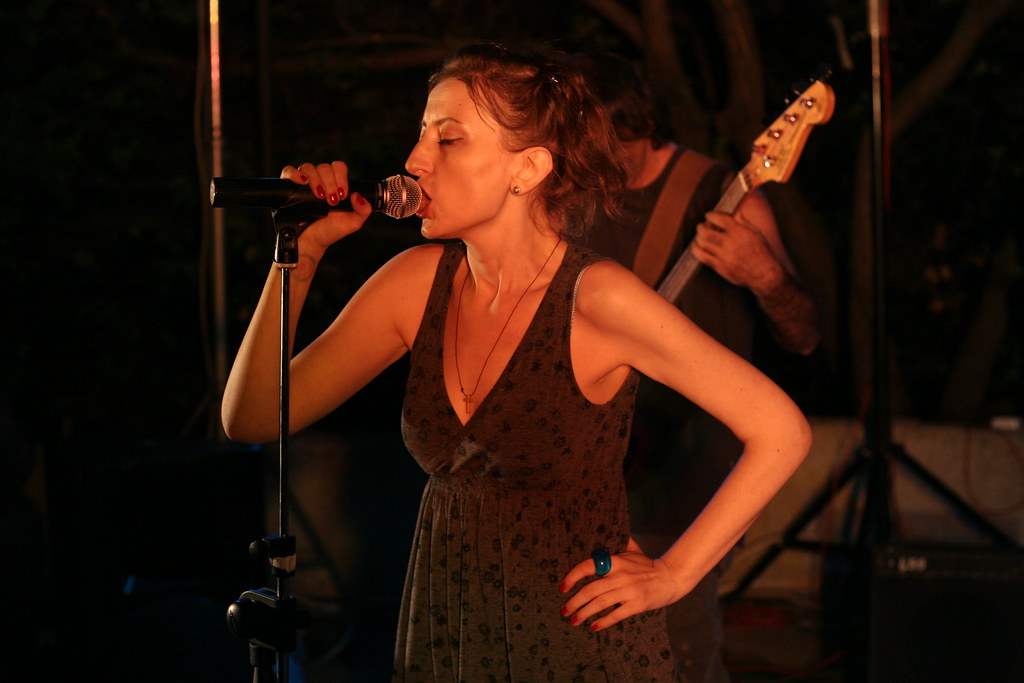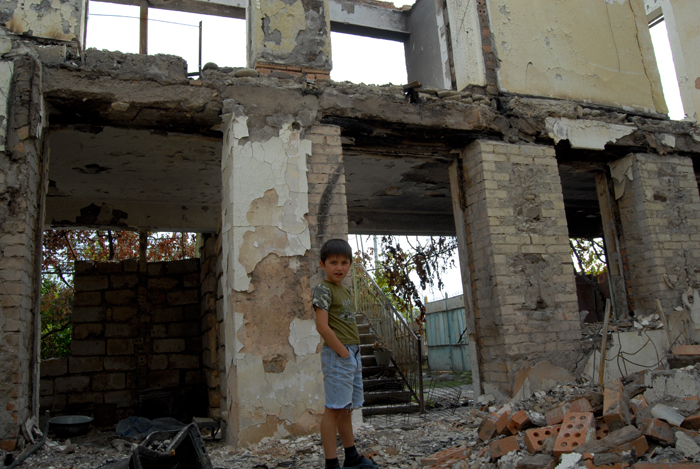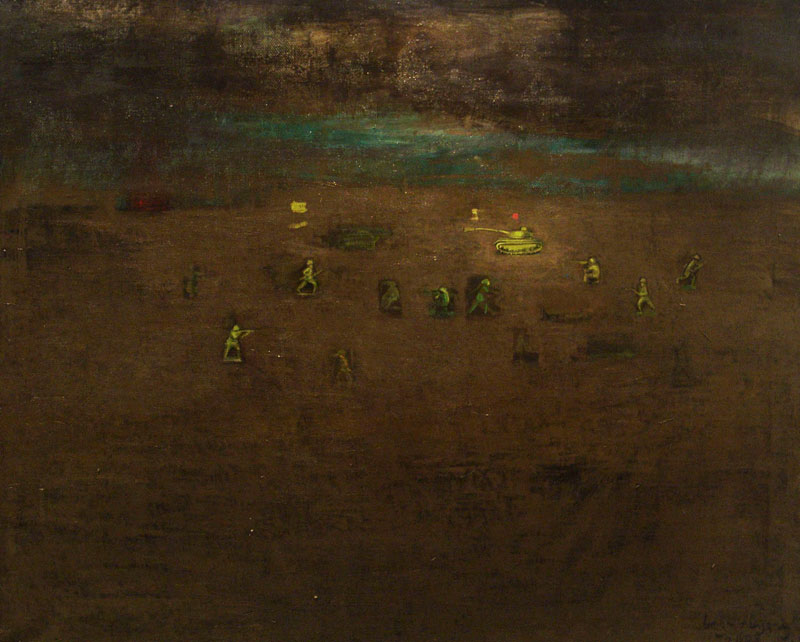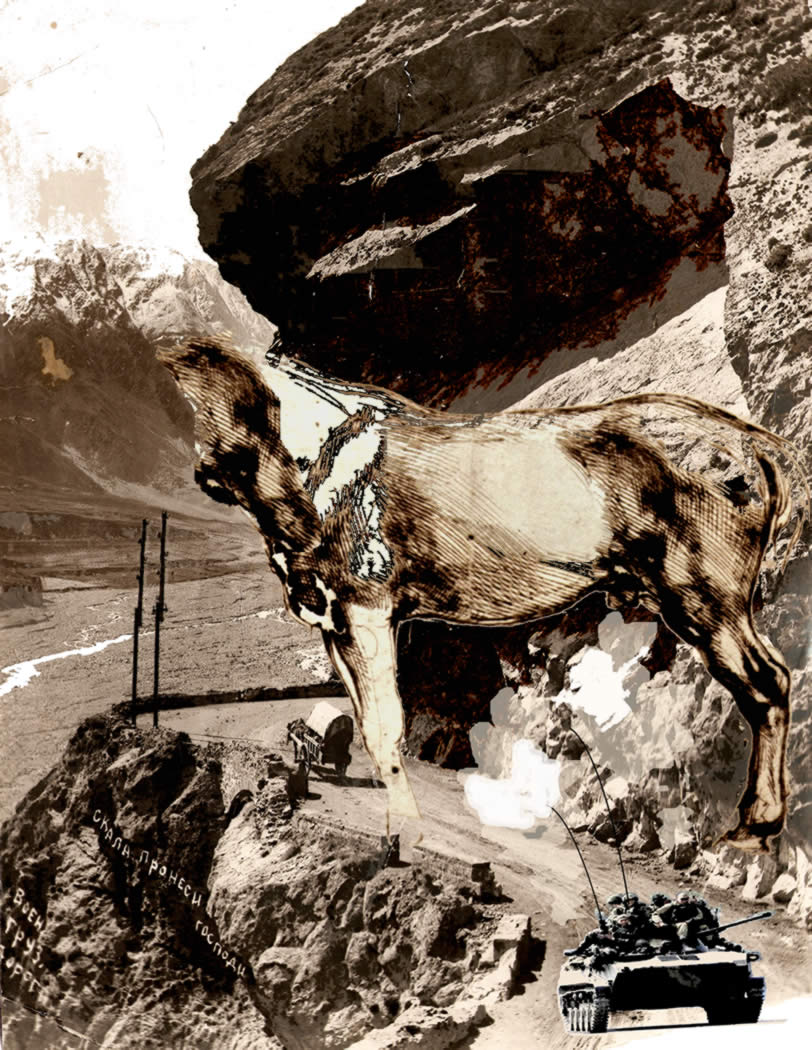By Krzysztof Bobinski
The aftershocks of the Caucasus war are provoking European governments into surprising and even imaginative reactions. Turkey and Ukraine are at the heart of the process, says Krzysztof Bobinski.
The headlines in Poland's main daily newspapers were unanimous. Nicolas Sarkozy's visit to Moscow and Tbilisi on 8 September 2008 to seek assurances from the Russians that they would withdraw their troops to the positions they held before the outbreak of war with Georgia on 7-8 August was a failure. "Sarkozy failed to take the Kremlin", declared one; "Russia dictates to Europe", proclaimed another; "Sarkozy defeated. Peace with Georgia possible only on Russia's terms", shouted a third.
The reaction ran counter to Mikheil Saakashvili's obvious relief at his press conference with Sarkozy and José Manuel Barroso (president of the European commission) that evening at the result the French president had managed to achieve (see Paul Gillespie, "The European Union and Russia after Georgia", 10 September 2008). A pledge of withdrawal by 1 October and the insertion of observers from the Organisation for Security and Cooperation in Europe (OSCE) into the space between the Russians, their South Ossetian and Abkhazian supporters and the Georgians was obviously welcome to Georgia's pressurised president.
But just as attitudes throughout Europe towards Russia are beginning to stiffen, so stereotypes in Poland (and most probably throughout the new European Union member-states and elsewhere in the post-Soviet space) remain strong. Indeed they include more than a touch of Schadenfreude at the dilemmas Sarkozy faces. The local newspapers, the radio and the television talk-show hosts all almost palpably yearn for more evidence of western weakness and gullibility in the face of Russian might and brutal deception. They all seem to want the EU to fail to resolve the crisis, to be seen to be fragile and craven. "We knew all along what they, the Russians, are like and you are still unwilling to believe us", is the near-universal underlying sentiment.
A region moves
This reaction shows that there is still a gulf between the western European way of doing things and perceptions in new member-states such as Poland. But if truth be told, Poland's government (which is not to be confused with the country's president, Lech Kaczynski) has remained remarkably calm and indeed is ready - despite what has happened in Georgia - to continue a dialogue with the Russians.
Indeed, that is only one of the pigs which, quite unexpectedly, has flown across the skies in the five weeks since the end of the major hostilities in Georgia on 12 August. The aftermath of the brutal conflict promises both to be long and to bring significant changes to the EU's relationship with Russia. The most difficult question to answer is whether Moscow will decide that it wants a fruitful relationship with the west or choose a not-so-splendid isolation (see Ivan Krastev, "Russia and the Georgia war: the great-power trap", 19 August 2008).
The signals remain mixed. But there are at least four other developments since the Caucasus events which overturn settled views of what is occurring, and suggest that the Georgia crisis has jolted governments into becoming more imaginative in revising longstanding and seemingly intractable positions.
First, the visit by the Russian foreign minister Sergei Lavrov to Warsaw on 11 September 2008, so soon after the Russians had threatened to punish Poland for President Kaczynski's foray to Tbilisi and his public promise to fight for a free Georgia; and indeed, after growls by Russian military leaders that Poland would become a nuclear target if the American anti-missile base was installed there.
Second, who would have expected that Poland would be one of the first to call on the European Union to lift sanctions against Alexander Lukashenko's regime in Belarus? After all, it is Polish NGOs and members of the European parliament (MEPs) who have been most strident in their condemnation of one of Europe's last authoritarians. Not long ago, any mention of detente with Minsk brought instant criticism.
Third, the remarks made almost in passing by the Finnish foreign minister Alexander Stubb in a speech to Finnish ambassadors and an interview with Die Presse (Austria) to the effect that his country might consider joining Nato. True, Finland's president and prime minister almost immediately scorned the suggestion; but the fact is that Stubb (who played a significant mediating role alongside Sarkozy in the Georgia-Russia conflict) said it and thus challenged an enduring consensus in Helsinki on keeping an equal distance in military terms between Russia and the west.
Fourth, and most amazing of all, Turkey's President Abdullah Gul travelled to Yerevan on the occasion of an Armenia-Turkey football match and met his Armenia counterpart Serzh Sarkisian. The unprecedented visit to Armenia by a Turkish head of state, against the background of the bitter controversy over the issue of the 1915 genocide and the absence of diplomatic relations between the two countries, has great political as well as symbolic significance. It reflects how keen Turkey is to help stabilise the situation in the Black Sea, resolve the crisis in the Caucasus and keep Nato warships (its own excepted) at a safe distance in the Mediterranean.
The Turkish decision over Armenia was taken within the context of Istanbul's wider "Caucasus platform" initiative - which would bring Georgia, Russia, Armenia, Azerbaijan and Turkey into an organisation promoting regional cooperation and reconciliation. If this were to succeed, it might help in the search for a solution to the problem of South Ossetia and Abkhazia as well as the dispute between Armenia and Azerbaijan over Nagorno-Karabakh.
A time to look
The Turkish dimension of the Georgia-Russia fallout may have deeper reverberations. Turkey won credit for its bold gesture from both Nicolas Sarkozy (current holder of the European Union presidency) and Olli Rehn (the EU's enlargement commissioner). This raises the possibility that relations between Turkey and the EU might soon emerge from their present doldrums; indeed, given the above shifts in policy and attitude in the past five weeks, is it unthinkable that the French president might begin to reconsider his opposition to Turkey's membership of the EU?
The crisis has also brought Ukraine and its EU membership aspirations into the spotlight. Who would have expected even in early summer 2008 that a British foreign minister would fly urgently to Kyiv (Kiev) and deliver a strident call of support for Ukraine's right to chose its own path, as David Miliband did on 27 August? But the new concern that Russia might pose a risk to Ukraine's independence has seen the EU edging closer to a commitment to the country's eventual membership.
Here, the Turkey and Ukraine situations come together. For it is notable that Turkey's Caucasus platform does not include Ukraine. Since the early 1990s, Ankara has preferred to improve relations with Moscow (the devil the Turks know) rather than with Kyiv (which is more of an unknown quantity). But Turkey knows full well that Ukraine is a major potential source of tension in the Black Sea with its de facto dispute over the Russian fleet in Sevastopol, which erupted during the blessedly short Georgian war. The lease for the port runs out in 2017 when Ukraine looks set to ask the fleet to go.
There is undoubtedly a role for European Union policy in the Black Sea. Romania and Bulgaria are, after all, now EU members and a Black Sea regional-cooperation formula bringing in all the littoral states including Russia could be a useful complement to the Caucasus platform. The EU's regional neighbourhood initiative, the Black Sea Basin Joint Operational Programme, could offer a framework for shared action here (see Neal Ascherson, "After the war: recognising reality in Abkhazia and Georgia", 15 September 2008).
The crisis has also given a much needed lease of life to the search for a common EU energy policy. Here, if anywhere, Poland should be taking advantage of the apparent change of heart towards Russia by public opinion in France and Germany, and growing concern in Germany in particular over a dependency on Russian energy supplies.
Thus, the Georgian push into South Ossetia on the night of 7-8 August 2008 and the Russian military response has set in motion a number of processes in Europe, the Black Sea region and even central Asia. A number of long neglected problems (such as Nagorno-Karabakh and the Armenia-Turkey dispute, as well as South Ossetia and Abkhazia themselves) have come into sharp focus.
Across Europe, attitudes towards Russia have hardened. Any further delays in the withdrawal of Russian troops from Georgia proper will compound tensions. The European Union foreign ministers meeting in Brussels on 15 September 2008 who confirmed the despatch of 200 EU observers to Georgia under the terms of the 8 September agreement are well aware that this is a stage in a longer process.
But under the surface, the changes which have happened in the month since the height of the Georgia-Russia conflict have been missed by Polish newspapers editors at least. They may also be underestimating Nicolas Sarkozy or Angela Merkel's resolve in the face of Russian intransigence over Georgia. Europe since the armed confrontation of August 2008 ended become a more interesting place. Clear eyes and open minds will be needed if it is to become a safer place too. Clinging to stereotypes does the latter aim no good at all.
Source: opendemocracy.net
